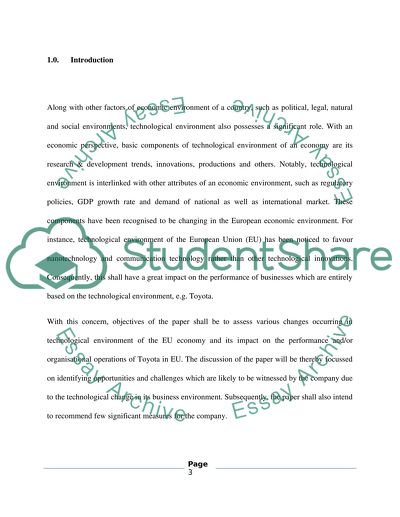Cite this document
(“Evaluate the effect of the technological change on the business Essay”, n.d.)
Retrieved from https://studentshare.org/environmental-studies/1410646-evaluate-the-effect-of-the-technological-change-on
Retrieved from https://studentshare.org/environmental-studies/1410646-evaluate-the-effect-of-the-technological-change-on
(Evaluate the Effect of the Technological Change on the Business Essay)
https://studentshare.org/environmental-studies/1410646-evaluate-the-effect-of-the-technological-change-on.
https://studentshare.org/environmental-studies/1410646-evaluate-the-effect-of-the-technological-change-on.
“Evaluate the Effect of the Technological Change on the Business Essay”, n.d. https://studentshare.org/environmental-studies/1410646-evaluate-the-effect-of-the-technological-change-on.


